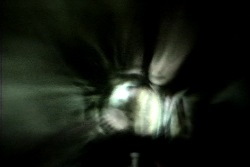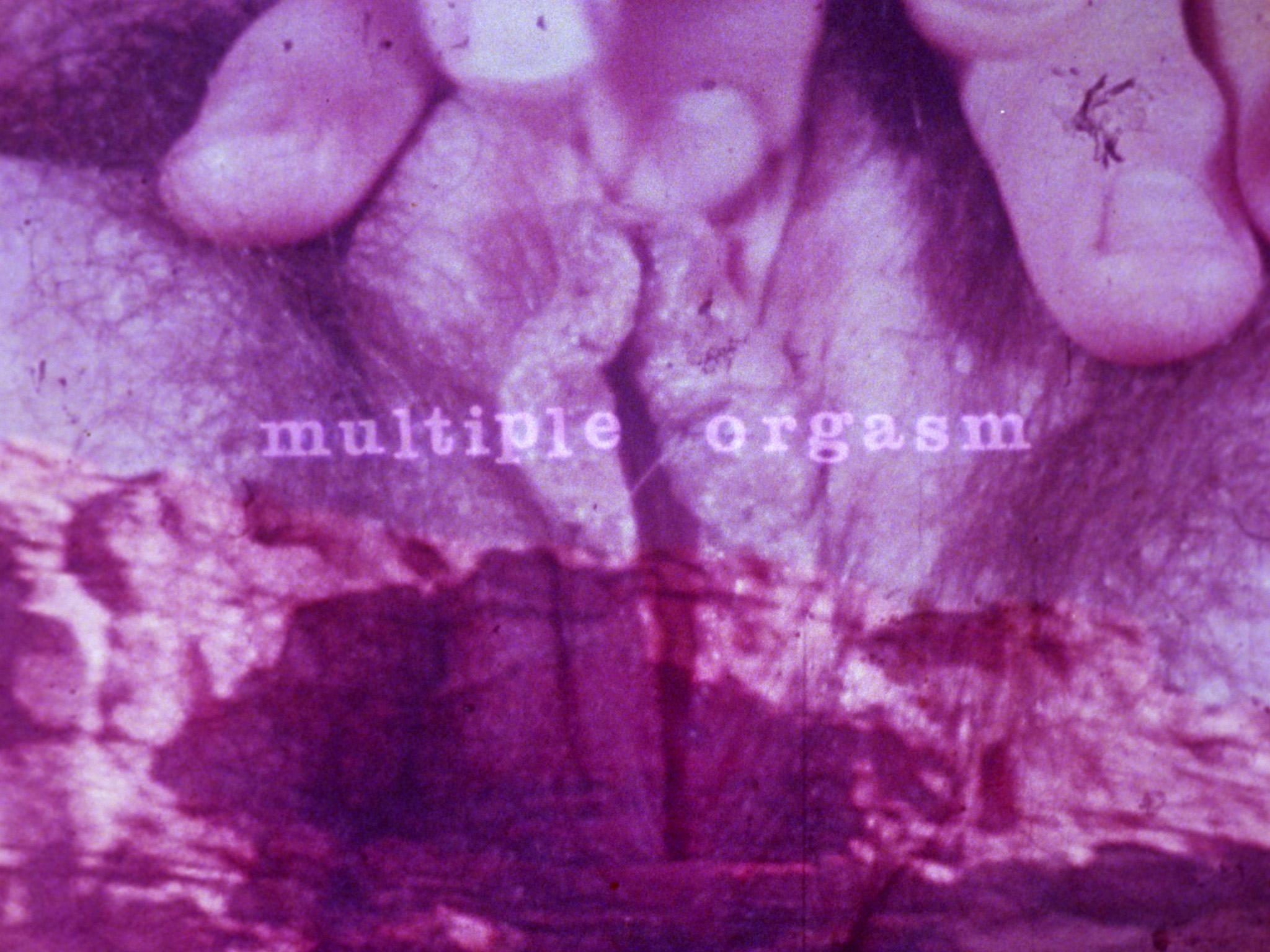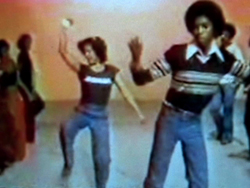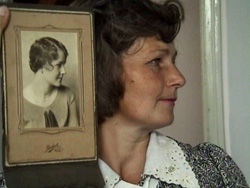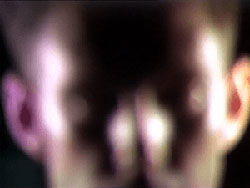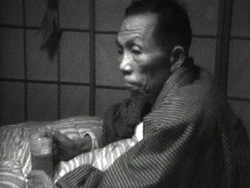Search Results
Search Results
Title Results
Your search returned 799 Titles
Produced during Lee’s trip to her childhood home in New Jersey after the unexpected death of her mother, Mommy weaves the artist’s memories into a kaleidoscopic narrative of devotion, memory, intrafamilial desires, and the evolution of American subcultures on the Internet. Using her mother’s unfinished autobiography as a starting point, Lee infuses personal and family history, situating Mommy as a story of her mother’s life as well as her own.
WARNING: This work contains throbbing light. Should not be viewed by individuals with epilepsy or seizure disorders.
"A curiosity, Movie Show looks backward to the era of structural films, particularly Ken Jacobs’s Tom, Tom, the Piper’s Son. The clip of film used in this performance is taken from my Articulation of Boolean Algebra for Film Opticals, the work with which I closed out my interest in combinatorial and logical structures." —Tony Conrad
In Mumble, Benglis investigates an aesthetic of distraction that could only have emerged from the nascent field of video art. The piece portrays a monitor, and on it the image of another monitor, containing yet a third: recordings nested within recordings. Fixed cameras are trained on static...
Donegan writes, "I had daydream that the Smiths asked me to make a video for their new single...When I was a kid in my 20's and was totally obsessed with the Smiths, the idea of video never occurred to me. Later, like 27 years later, I had a fantasy of what a great Smiths video I'd have made...with a big line dance on 14th Street that I'd film from a slow moving golf cart, with a huge cast of characters dancing like they did on the old Soul Train that I used to watch on TV on Saturday afternoons in the early 70's...I made this off YouTube and iTunes. The past, recovered..."
Mutual Native Duplex is a video essay on the mutual alliances between Native and African Americans which celebrates the "neo-American model" of inter-cultural cooperation that grew out of these encounters.
"This video documentary centers on the questions of civil liberties and cultural differences in a society beginning to open as one woman searches for her own ethnic roots, identity and family history in Ukraine. Issues of human rights, anti-Semitism, homophobia, feminism and a divided and economically-depressed country are encountered as I, a feminist activist and pioneer of lesbian cinema, return to a 'homeland' full of struggling as people search for a new post-glasnost identity." — Barbara Hammer
"Father, why did you die?" With this deeply intimate statement of grief, Kubota mourns the death of her father. Video and television are central to her ritual of mourning, and allow her father to assume a presence after death. Kubota and her father, who was dying of cancer in Japan, are seen...

